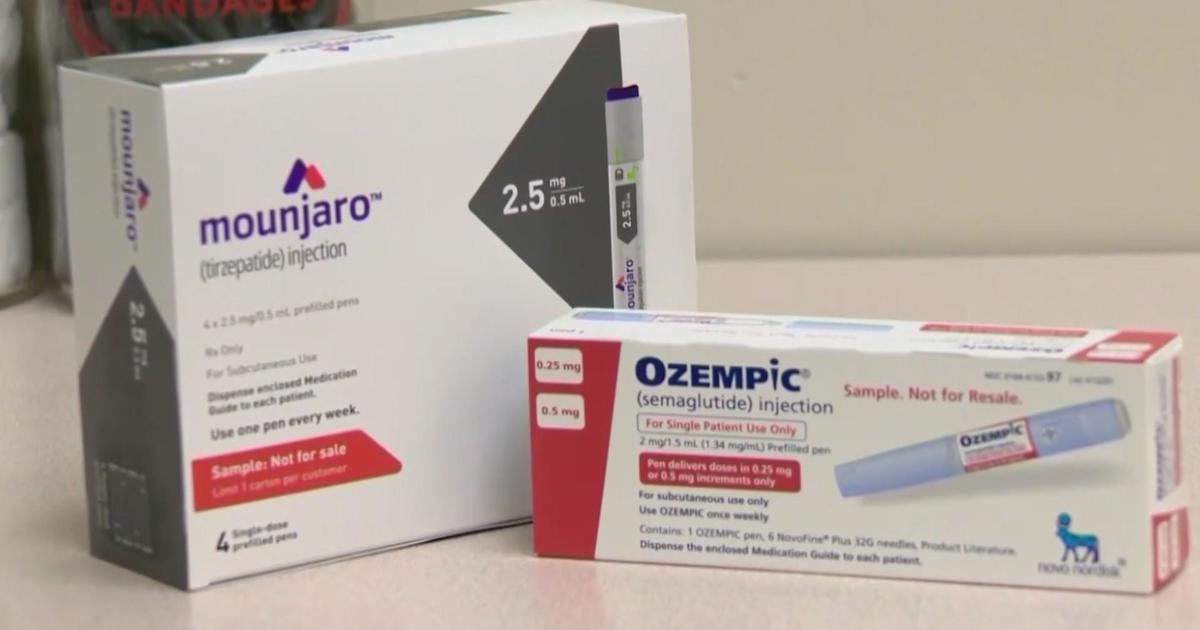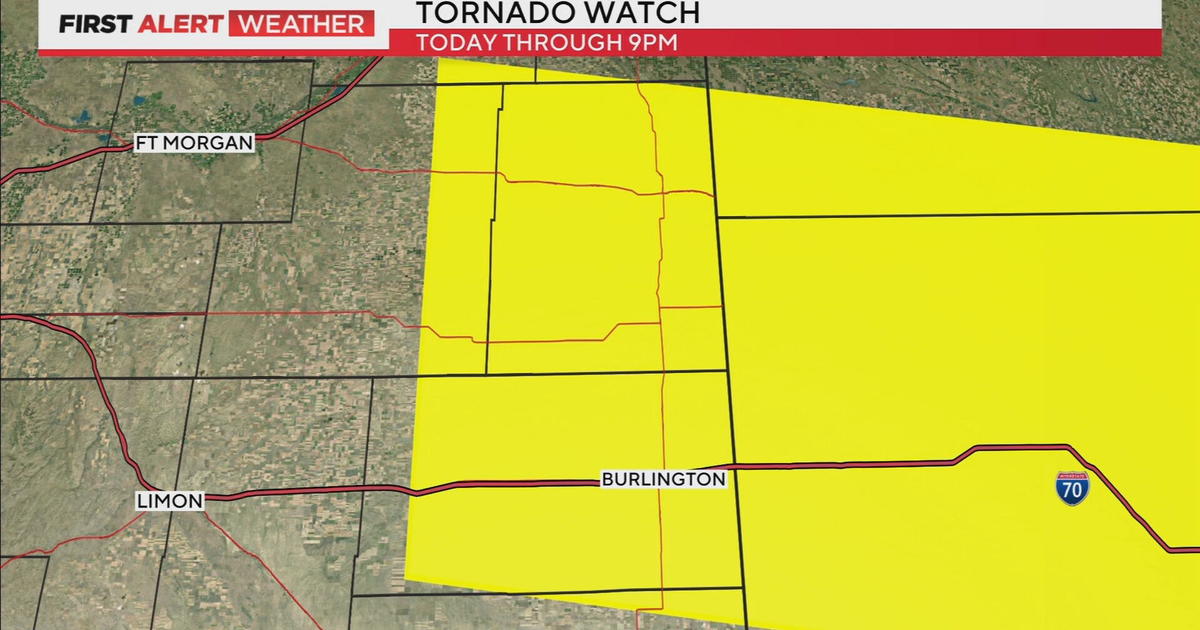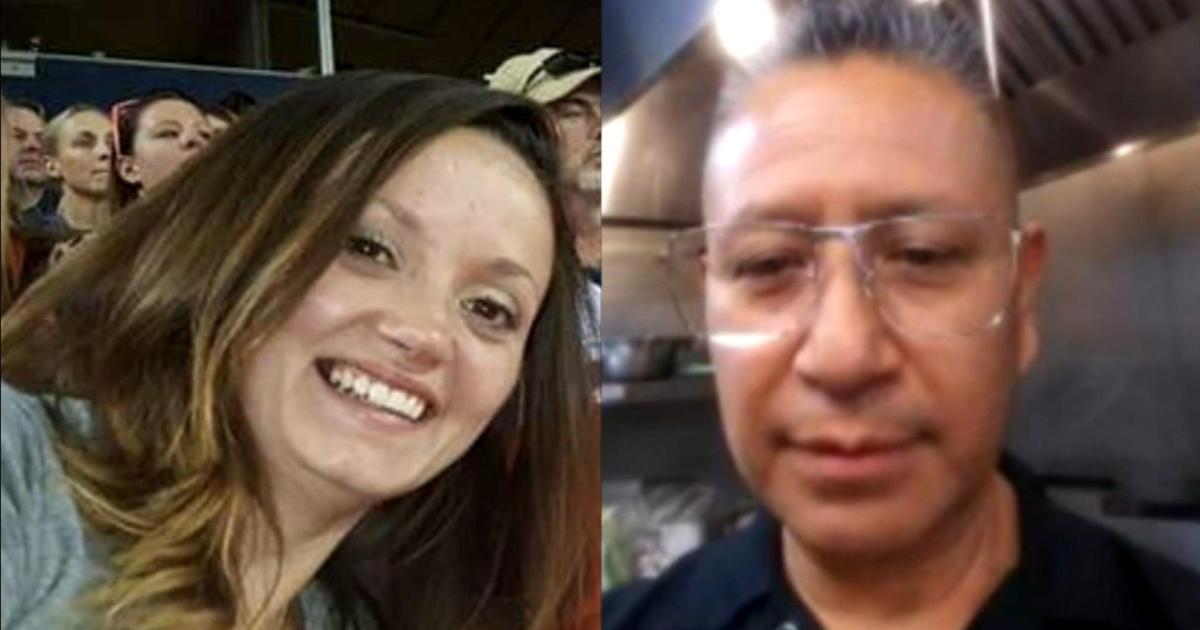Colorado Lawmakers Near Bumpy Finish To Session
DENVER (AP) - A legislative term in Colorado that started with promises of bipartisan camaraderie neared a bumpy end Wednesday with Democrats and Republicans bickering over nearly every matter they considered.
The Republican House and Democratic Senate managed to work together to cut state spending to balance an $18 billion budget in the face of declining tax receipts. Lawmakers also agreed to set up a health insurance exchange, a marketplace for individuals and small business required under the new federal health care law.
Other big priorities fell victim to the partisan divide.
One big loss was redistricting as lawmakers tried and failed to agree on new congressional lines.
The Legislature is required to redraw congressional districts after every census, but Colorado lawmakers haven't been able to settle the matter in at least three decades. Redistricting is a bitterly partisan undertaking because both parties try to maximize their chances at the polls. This year's attempt appeared headed to court as both parties filed lawsuits challenging the district lines.
Legislators tried mightily to avoid lawsuits over redistricting, setting up a bipartisan panel that toured the state earlier this year asking voters about the matter. But those redistricting talks broke down as soon as lawmakers set about drawing new lines, and days of intense negotiations and late-night debates didn't work.
Leaders in both parties said that working together this year proved harder than they thought.
"It's been extremely frustrating, if on some days not impossible," concluded House Republican Leader Amy Stephens.
With hours left to go Wednesday, the House and Senate were both warning of a last-minute meltdown.
Democratic Gov. John Hickenlooper could force lawmakers back to work if they didn't agree on a measure allowing state agencies to set rules on everything from medical marijuana to gas permits. The GOP wanted to add an amendment to help payday lenders; Democrats insisted the addition could prompt a rare special session.
Hickenlooper visited both chambers in a last-day tradition and urged lawmakers to settle the payday-lending matter. Asked by Senate Republican Leader Mike Kopp whether he'd call lawmakers back to work, the governor shouted, "Over my dead body."
The road was bumpy long before the final day in Colorado's first divided Legislature in a decade. Much of the session was spent in tit-for-tat votes against proposals pushed by the opposing party.
One of those areas was immigration.
Republicans pushed get-tough enforcement bills, while Democrats attempted for the fifth time in about 10 years to grant the lower cost in-state tuition to illegal immigrants who graduate from Colorado schools.
Republicans launched two attempts to copy Arizona's divisive immigration law, but both proposals failed early on. GOP lawmakers also proposed a number of bills requiring citizenship checks to vote.
All the immigration-related bills failed. The parties had some success passing their legislation in their friendly chamber, but neither managed to get their biggest ideas to the governor's desk because of partisan gridlock.
One of the most emotional issues was a proposal to let same-sex couples have civil unions, a legal contract that would have granted them many of the same rights as married couples.
The bill sponsored by two gay lawmakers easily passed the Democratic-controlled Senate and stalled in a Republican-led House committee. But some of the Republicans who cast the key votes to defeat the measure visibly hesitated before saying no to the bill.
"I was really saddened and disappointed that the Republicans in the House decided they wanted to pander to the far right of their party instead of listening to the vast majority of Coloradoans," said Rep. Mark Ferrandino, one of the Democrats who sponsored the civil unions bill. He said he would introduce the bill again next year.
Lawmakers also tackled Colorado's marijuana regulations, with mixed results. They rejected a proposal that would have set the nation's most liberal standard under the law for what constitutes too high to drive. The bill would have let prosecutors charge drivers with a DUI if they had 5 nanograms of THC per milliliter of blood while behind the wheel. THC is the psychoactive ingredient in marijuana.
The two other states that have such a law in their books -- Nevada and Ohio -- have a limit of 2 nanograms of THC per milliliter for driving. Twelve other states have zero-tolerance laws.
Aside from the budget and health insurance exchange, the measures lawmakers agreed to were relatively minor. The Legislature passed a bill requiring 30 minutes a day of physical activity in elementary school and a measure requiring more youth sports coaches to take training on identifying concussions. Both those measures have already been signed into law.
A bill to ban chemicals used in synthetic marijuana known as "Spice" or "K2" won easy adoption in both chambers, too, and awaits the governor's signature.
- By Kristen Wyatt and Ivan Moreno, AP Writers
(Associated Press Writer Steven K. Paulson contributed to this report)
(Copyright 2011 by The Associated Press. All Rights Reserved.)



